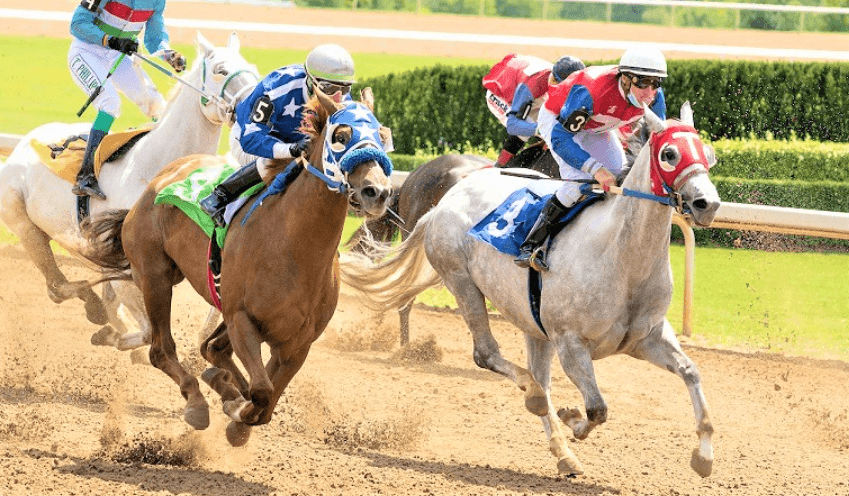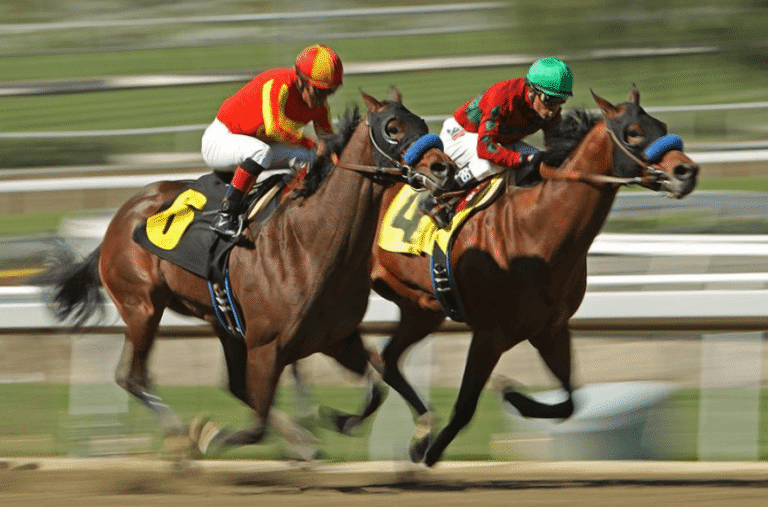Horse Racing and the Law: Legal Issues Every Fan Should Know
Horse racing is a multifaceted sport intertwined with various legal considerations. Fans must grasp wagering regulations, ownership rights, and safety issues that govern their experience. Understanding these laws not only enhances compliance but also promotes the sport’s integrity. Moreover, the implications of liability in the event of accidents are significant. As the landscape of horse racing evolves, so too do the legal frameworks that support it, prompting a closer examination of these crucial aspects.
Understanding Wagering Regulations
How do wagering regulations shape the landscape of horse racing? Wagering laws dictate the operational framework for betting platforms, influencing both accessibility and market dynamics.
These regulations ensure fair play while also imposing restrictions that can limit individual freedom. Understanding these laws is crucial for participants, as they navigate the complexities of betting options and their implications within the horse racing industry.
See also: 10 Famous Horses That Made History in Horse Racing
Ownership Rights and Responsibilities
Ownership in horse racing encompasses a myriad of rights and responsibilities that significantly influence the dynamics of the sport.
Owners must navigate breeding rights intricately, ensuring compliance with regulations while maximizing potential profits.
Furthermore, training agreements are essential, defining the relationship between owners and trainers.
Understanding these elements is crucial for any owner to thrive in the competitive landscape of horse racing.
Liability and Safety Concerns
While engaging in horse racing, participants must be acutely aware of the liability and safety concerns that pervade the sport.
Injury claims can arise from accidents on the track, necessitating adherence to established safety standards. Proper measures must be implemented to mitigate risks, ensuring the well-being of both horses and participants.
Awareness of these issues is essential for a responsible and enjoyable racing experience.
The Role of Governing Bodies in Horse Racing
Governing bodies play a crucial role in the regulation and oversight of horse racing, ensuring that the sport adheres to established standards of fairness, safety, and integrity.
These governing authorities implement racing regulations that promote ethical practices and protect the interests of all stakeholders.
Conclusion
In the intricate world of horse racing, legal frameworks act as the reins that guide the sport, ensuring order and fairness. Just as a skilled jockey deftly navigates the twists and turns of the track, fans must understand the legal landscape to enhance their experience. For instance, a recent study revealed that jurisdictions with stringent wagering regulations saw a 20% decrease in fraudulent betting activities, underscoring the importance of informed participation in maintaining the sport’s integrity and safety.




